
Build Your Ultimate Watch Collection for ₹1K to ₹50K
From Budget to Luxury – What You Need to Own
Why Are Luxury Watches So Expensive in India?

Let’s start with a little reality check.
You’ve got two watches in front of you.
One’s a ₹2,000 Casio Tank. The other, an ₹8,00,000 Cartier Santos.
Same Roman numerals, same classy rectangular shape, both tell the time just fine.
So what justifies that ₹7,98,000 price gap?
Spoiler: It’s not timekeeping. And it’s definitely not logic.
Let’s break down what you’re actually paying for when you buy a luxury watch in India.
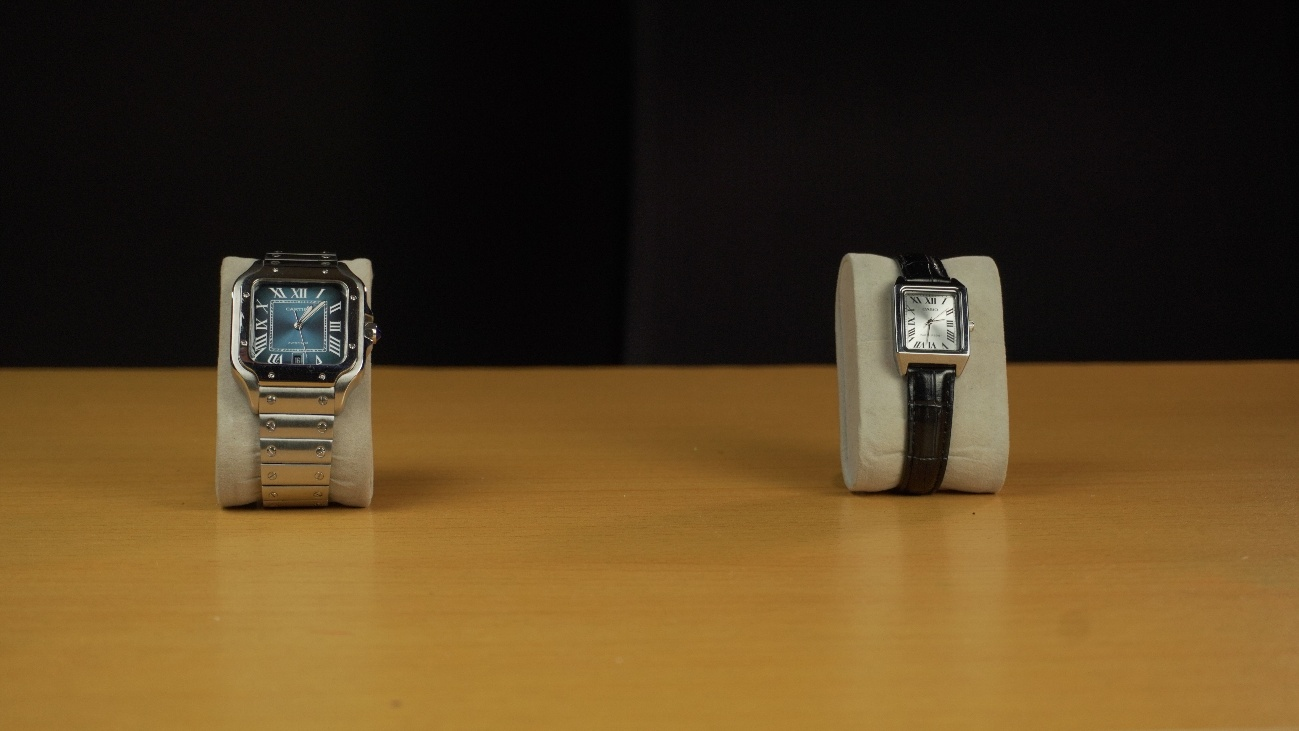
That ₹2K Casio will probably keep better time than an ₹8L Cartier.
So why do people still buy luxury watches?
Because they’re not buying time, they’re buying identity.
Luxury brands like Rolex, Cartier, Patek don’t sell watches, they sell prestige. Status. A seat at the table.
When someone wears a Rolex, they’re not flexing punctuality, they’re flexing legacy.
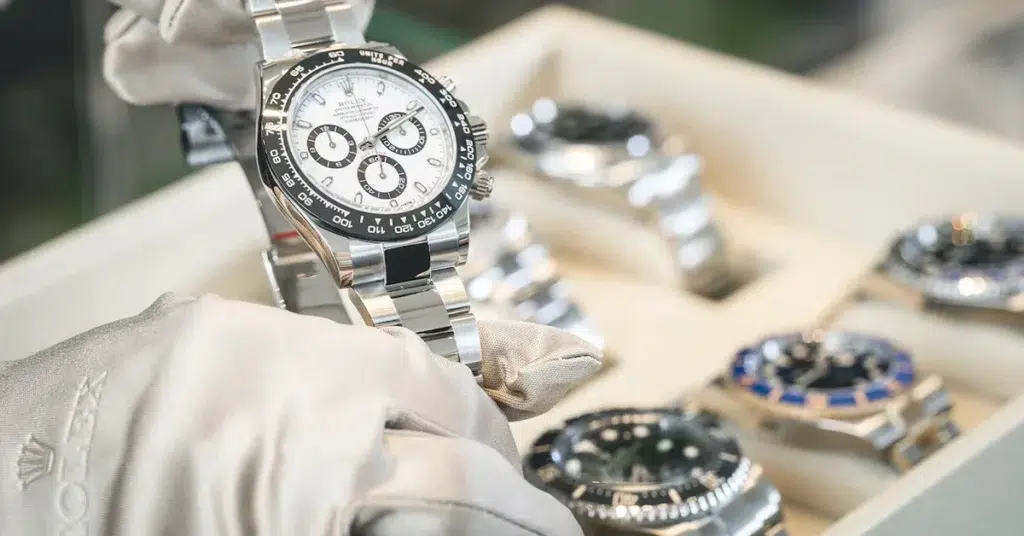
Let’s take a quick example.
Tudor Black Bay (Rolex’s cousin brand): around ₹3.5L
Rolex Submariner: around ₹12L
Is the Rolex really three times better? Not exactly. Both likely cost ₹3.5–₹4L to manufacture. The rest is brand markup, retail margin, and yes, marketing.
You’re not just paying for craftsmanship, you’re paying for the crown.
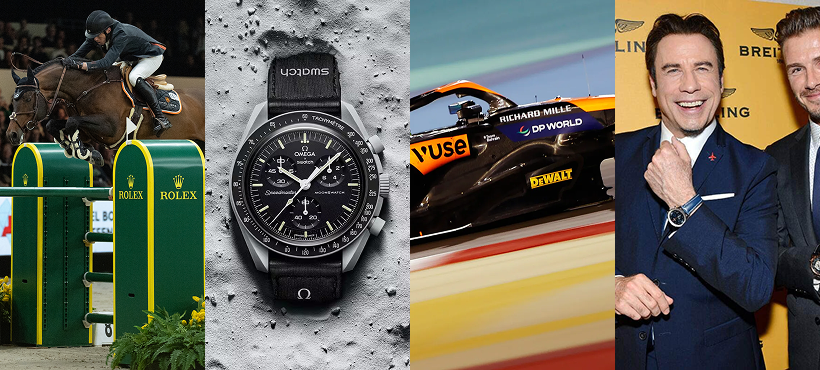
Think about it:
Rolex sponsors every Grand Slam
Omega went to the Moon
Richard Mille is on every F1 car
Hoardings, showrooms, celebrities, everywhere
And all of that costs money. Lots of it. Guess who’s footing the bill? You are. Compare that to Casio or Titan. No red carpets, no hype. Just solid watches at ₹2K–₹15K. Luxury brands, on the other hand, sell a dream, and dreams don’t come cheap.

Got ₹10L? Walk into a Rolex showroom and ask for a Daytona.
Even if it’s in stock, they probably won’t sell it to you.
Why? Because luxury brands don’t just sell watches, they sell exclusivity.
You’ll be put on a list, they’ll check your buying history, and you’ll wait months, maybe more.
This is strategy, not bad service. Scarcity creates hype.
FOMO is a business model used by every top luxury watchmaker.

A basic three-hand quartz watch might cost ₹2,000. But once you add features like:
Date display
Chronograph
Moonphase
Tourbillon
Perpetual calendar
...the price shoots up.
Why? Because it takes real skill and time to build these features into a mechanical movement. This is watchmaking, not just assembly.
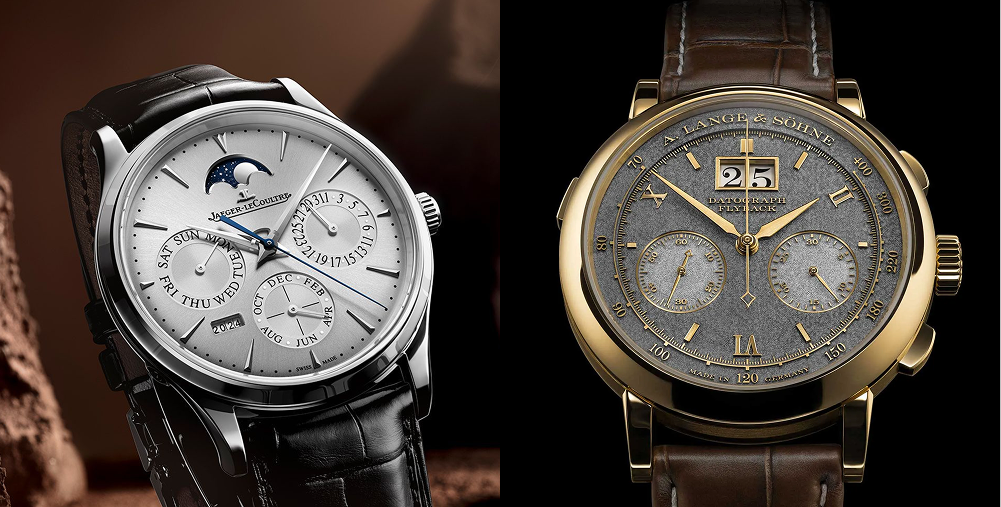
Here’s the twist.
Jaeger-LeCoultre makes technically brilliant movements
A. Lange & Söhne does finishing better than most
Still, Patek Philippe watches command higher prices.
Why? Because you’re paying for heritage, not just performance.
Patek is one of the oldest brands, started in 1839, and produces in very limited numbers.
It’s like buying a Picasso instead of a technically perfect modern painting.
It’s about story, not just specs.
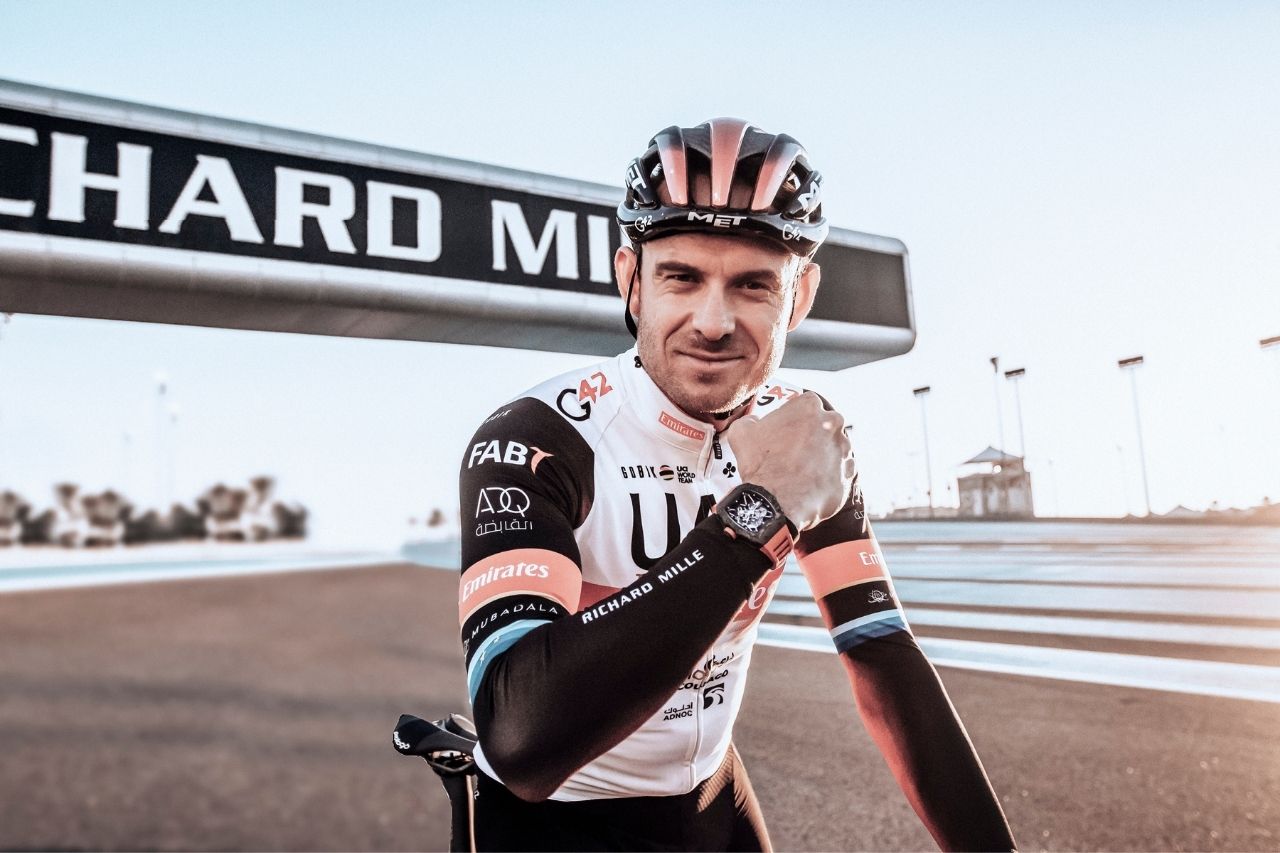
Richard Mille started in 2001, no legacy, no traditional roots.
Yet it sells watches for crores.
Wonder Why?
Celebrities wear them
F1 teams are sponsored by them
They ooze exclusivity
It’s not about horology anymore, it’s about flex culture.
And in this game, hype is worth more than heritage.
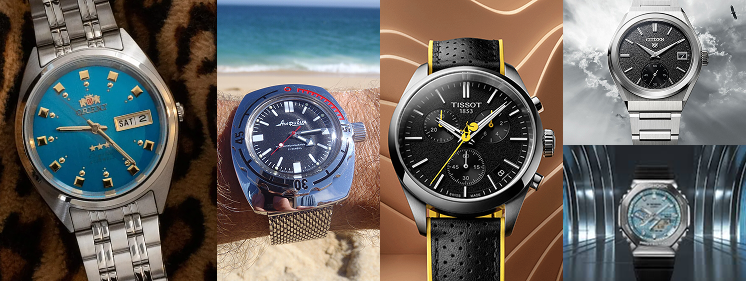
You’ve heard me say this before.
Orient
Vostok
Tissot
Citizen
Casio
These are brands that actually focus on watchmaking.
No celebrity ads, no million-dollar campaigns. Just honest value.
So yes, a ₹15,000 Citizen may feel “expensive” to some, but compare it to a ₹10K Michael Kors that offers:
Poor quality materials
Chinese quartz movement
Zero resale or collector value
Buy those once, and you lose 40% of the value overnight.
In contrast, a good Casio or Seiko might hold value, or even appreciate.
Luxury watches are expensive, but not because of accuracy or materials.
You’re paying for:
Brand name
Heritage
Marketing
Exclusivity
Complications
Storytelling
Emotional appeal
Hype
All that adds up. But it’s up to you to decide if it’s worth it.
So ask yourself: Do you want the name on the dial, or the story behind the movement?
Every watch tells time. But not every watch tells your story.
Know someone who still thinks a ₹2,000 Casio and an ₹8L Cartier are the same?
Send them this. Let them know, it’s not just about time—it’s about meaning.
Full video breakdown here